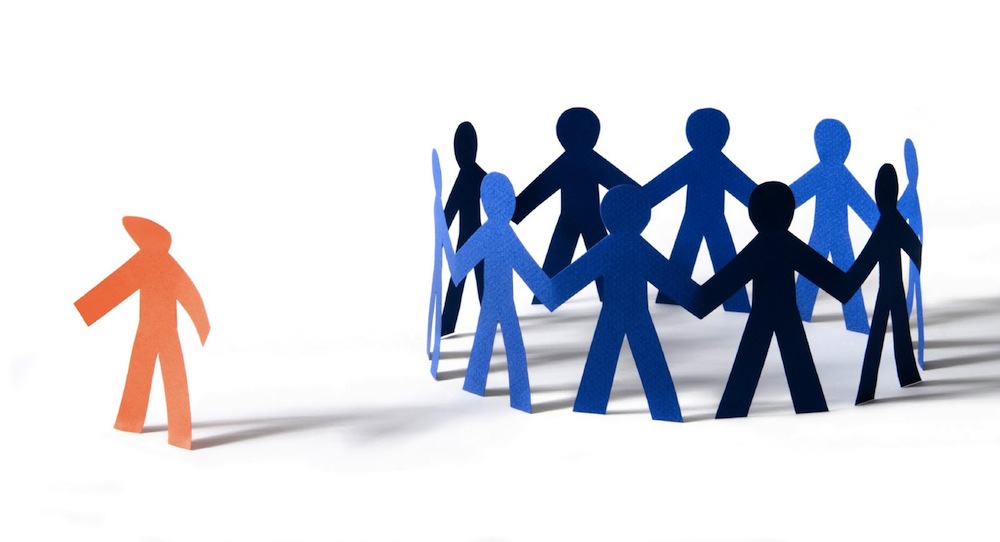When driving in Honduras,
there are a couple rules that don’t apply here as they do in the States. There
are no seatbelt laws for the back seats, only the front two seats need
seatbelts. If there is some law that says there needs to be seatbelts, than I
can guarantee that there are very few people who follow it. There are very few
cars that actually have seatbelts in the back of the car that work; some cars
might not have them built in at all. This sounds super dangerous and maybe it
is, but I don’t think so. I haven’t seen a difference in accidents with
seatbelts versus accidents without them. But I’m not an expert.
 I remember when I first came to
Honduras, I was surprised that there were no seatbelts but I was also happy.
Seatbelts are so uncomfortable and not having to wear them was awesome. I never
really thought about the danger and I can’t recall a time when we’ve needed
seatbelts in the back for protection or anything. We’ve gotten along fine
without seatbelts, no problems. It made longer trips more comfortable because
you could sit normally without something jabbing into your neck, waist, or
chest. We could sleep easier too.
I remember when I first came to
Honduras, I was surprised that there were no seatbelts but I was also happy.
Seatbelts are so uncomfortable and not having to wear them was awesome. I never
really thought about the danger and I can’t recall a time when we’ve needed
seatbelts in the back for protection or anything. We’ve gotten along fine
without seatbelts, no problems. It made longer trips more comfortable because
you could sit normally without something jabbing into your neck, waist, or
chest. We could sleep easier too.
Another rule that’s different
that I enjoyed the most about driving here is riding in the back of a pick-up
truck. In the States, apparently, you aren’t allowed to ride in the back of a
pick-up, which is weird to me because what’s the point of having it then if you
can’t carry more people? But I guess it is a bit more dangerous. It’s also a
lot more fun though. My siblings and I always loved riding in the back of the
truck. We sat on the edges most of the time or stood up at the front, always
holding on though. We’d sit on the inside of the edges if it was on the highway
between Zambrano and another village called San Francisco. We never rode in the
back in the city, it was dangerous. We had heard of stories of people getting
hurt by being in the back of a truck and such, but we were careful and the
situations that were described to us didn’t usually apply to our situation. For
example, one person told us that his truck was full of people and he hit a
bump, someone apparently fell out and got extremely hurt, for us though, our
truck was never that full. Either way, even though it was “dangerous” it was a
lot of fun.
 In the back of the truck, my sisters
and I would sing songs, make jokes, wave to people; occasionally we made faces
at people who stared at us for too long but mom told us to stop that. It was a
lot of fun. The wind in our hair, it felt like we were flying in a way. My best
friend had a big white pick-up and it had bars all around the edges, so we
could stand on all sides without fear of falling out, even if you didn’t hold
on to those edges. That was awesome because we would play games where you
couldn’t touch the edges or you couldn’t fall down or you were out. It might be
dangerous but it was an amazing experience. I loved riding in the back of the
truck.
In the back of the truck, my sisters
and I would sing songs, make jokes, wave to people; occasionally we made faces
at people who stared at us for too long but mom told us to stop that. It was a
lot of fun. The wind in our hair, it felt like we were flying in a way. My best
friend had a big white pick-up and it had bars all around the edges, so we
could stand on all sides without fear of falling out, even if you didn’t hold
on to those edges. That was awesome because we would play games where you
couldn’t touch the edges or you couldn’t fall down or you were out. It might be
dangerous but it was an amazing experience. I loved riding in the back of the
truck.
There are several weird things
about Honduran driving but I mainly wanted to stress these two things because
people think it’s so dangerous. I don’t think it’s as dangerous as people make
it out to be, it’s actually fun and more comfortable sometimes. When driving in
Honduras, don’t be scared to not have a seatbelt and don’t be afraid to ride in
the back of a pick-up. It’s a lot of fun and you’d be missing out if you stayed
in your “comfort zone.”
Goodbye, until next time.




